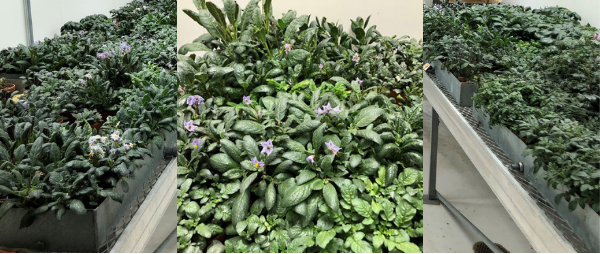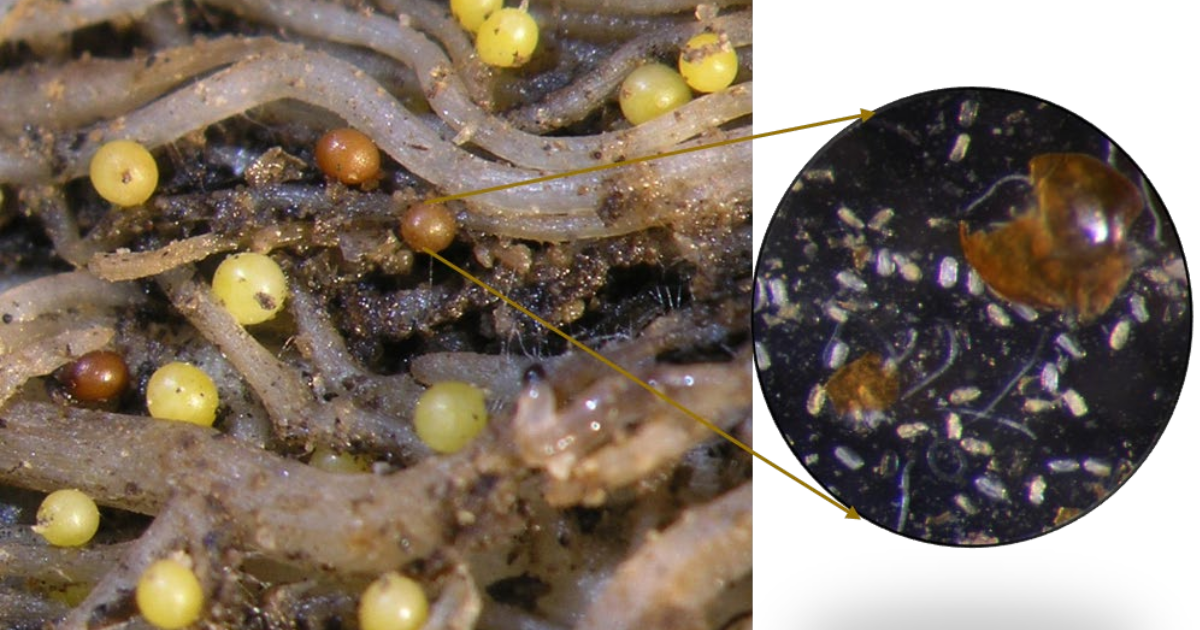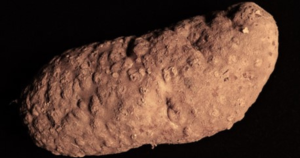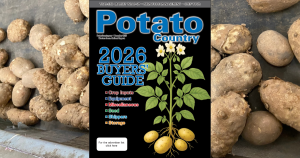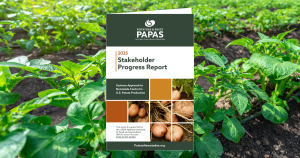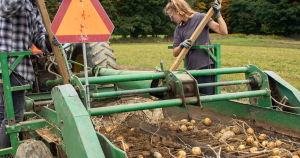Golden Nematode Impact on Potato
The golden nematode (GN; Globodera rostochiensis) is about half a millimeter long, but it poses a very serious threat to the multi-billion-dollar U.S. potato industry. GN forms cysts that can survive in the soil for over 30 years and can cause over 80% crop loss if left uncontrolled.
Once GN is introduced, eradication is difficult and unrealistic, so these sites are kept under quarantine. If GN spreads to new sites, trade embargoes could result, hampering domestic and international trade.
Quarantines affect the potato industry, but also any agricultural commodity shipped from the quarantined areas that carries soil, such as nursery, turf, root and tuber crops.
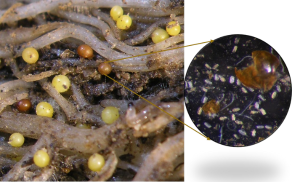
Wild potato species offer novel resistance to potato cyst nematodes (PCN)
Our large-scale screening has identified wild potato clones with robust and broad-spectrum resistance to PCN. New resistant germplasm is being utilized to breed for durable PCN resistance in US potato cultivars.
